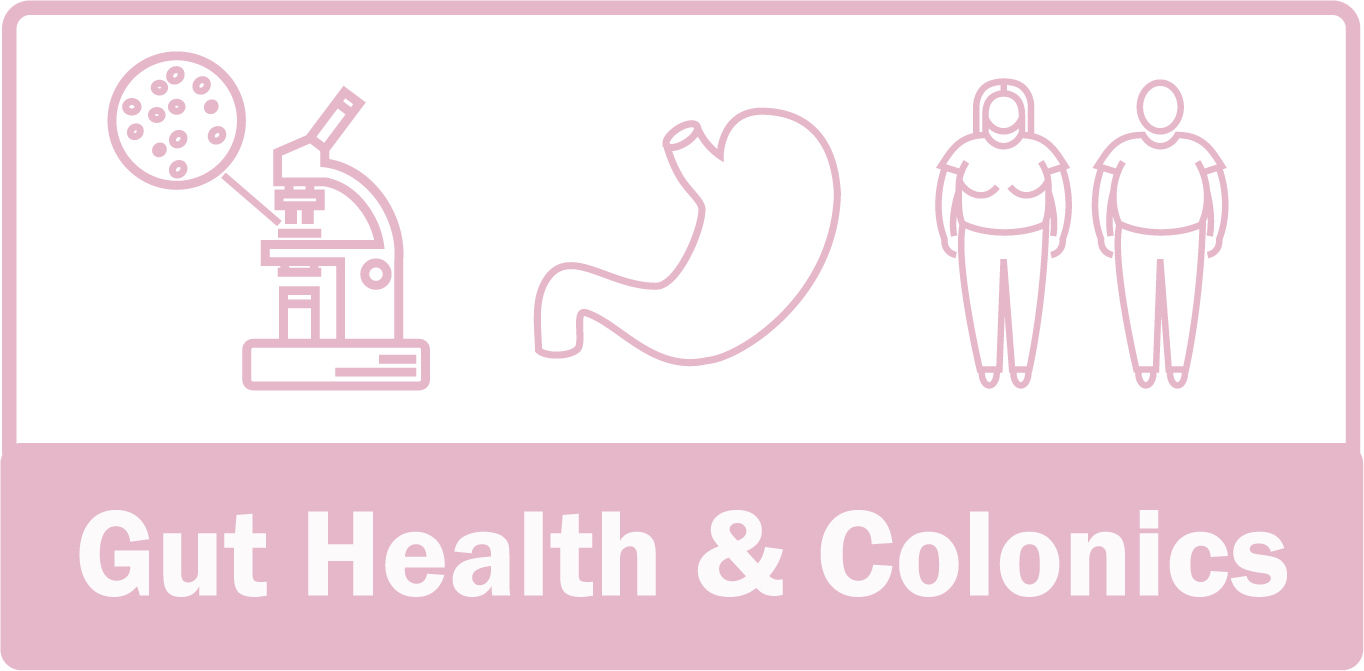
Foods that trigger IBS are sometimes called FODMAP foods because of the sugars they contain. A food sensitivity test may help identify those foods suspected of being triggers to IBS and other gut health problems, and may help in the process of undergoing trial elimination. Alternatively, it is possible to follow the FODMAPS diet which takes in the following principles.
The most recent nutritional studies have revealed that diet and nutrition can have a major influence on controlling the condition of IBS. Many doctors are now recommending the IBS diet known as FODMAPS. Always consult your GP before undertaking FODMAPs or any other diet.
Restrict the consumption of carbohydrates disaccharides, monosaccharides and related alcohols which are known to be poorly absorbed in the small intestine possibly resulting in symptoms of IBS ie gas, bloating, constipation and cramping. Eliminate all foods that contain the five forms of carbohydrates (lactose, fructose, fructans, sugar alcohols, and galactans) for a trial period of 1-2 weeks. If FODMAPS carbs are causing the symptoms, relief can occur in just a few days.
Re-introduce one of the FODMAP carbs and observe symptoms. Additional FODMAP carbs are slowly added back, one at a time. At the end of the reintroduction phase, a final diet emerges with only those FODMAP carbs that are fairly well tolerated. The following foods are HIGH FODMAP Foods.
Always check with your GP before making any changes to your diet plan or undertaking any trial elimination of suspected food intolerants.
If you are finding it difficult to ascertain the irritants to your bowel using the Fodmaps method, consider undergoing a food sensitivity testing.
The BioScan FDA registered food test may help identify underlying imbalances resulting. The food test takes 1 hour and offers instant results. Alternatively you may try to eliminate food groups one by one, as specified on this page.
Dublin 15
Vitality Centre
48 Rushbrook
Dublin 15
Ireland
Tel: 085 767 6468
City Centre
Vitality Centre
75B Dorset Street
Dublin 1
Ireland
Tel: 087 788 3438
© 2024. All rights reserved. The use of this website is governed by T&Cs..
Any information is not meant to replace advice from a medical doctor. Any supplement treatment, lifestyle or dietary changes should be undertaken only after consultation with a medical physician.
Dublin Vitality Centre® is a registered I-ACT International Colonic Hydrotherapy Training School.